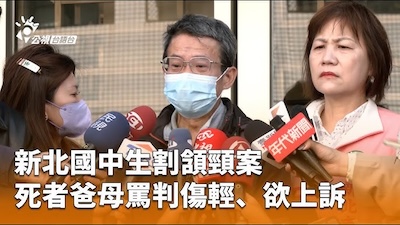On August 6, 2025, U.S. President Donald Trump announced a near-100% tariff on imported semiconductors. However, companies with U.S.-based factories, Apple-related supply chains, or investment plans would be exempt. TSMC, which has a major facility in Arizona, is likely to qualify for this exemption, pushing the Taiwan stock index to a historic high on August 7. But does this surge reflect true economic strength? Not necessarily.
Trump’s tariff policy signals a clear industrial and geopolitical strategy: reshoring semiconductor manufacturing to the U.S., decoupling from Asia, and weakening China’s influence. Taiwan is caught in this dynamic. While TSMC may be spared, many small and medium-sized Taiwanese tech firms without U.S. factories will be directly affected, facing higher tariffs and declining competitiveness.
The market rally appears to reflect investor confidence in TSMC alone—not the broader economy. Key concerns remain: the exemption criteria are still vague, offshoring too much production may hollow out Taiwan’s domestic capacity, and rising U.S.–China tensions could lead to technology-for-market demands that threaten Taiwan’s tech sovereignty. Thus, the rally may mask long-term industrial risks.
Taiwan’s role at the frontline of U.S.–China rivalry has polarized domestic politics. Pro-China and pro-U.S. factions are growing apart, raising concerns in Washington over Taiwan’s political stability. In this crucial moment, instead of uniting, Taiwan’s legislature remains mired in partisan infighting. This weakens the government’s negotiating position and diminishes international confidence.
The Kuomintang (KMT) criticizes the government for being “overly pro-American” and failing to secure preferential treatment, ignoring that the tariffs are part of a global semiconductor realignment affecting South Korea, Japan, and the Netherlands as well. If KMT politicians continue using foreign policy as a domestic political weapon, it could undermine Taiwan’s global credibility.
Meanwhile, the Taiwan People’s Party (TPP) promotes vague slogans like “cross-strait peace” and “autonomous diplomacy” without offering concrete strategies. As both opposition parties engage in populist posturing, Taiwan’s international image and policy coherence suffer.
To reduce vulnerability, Taiwan must avoid overreliance on any single country. While investing in U.S. facilities is necessary, Taiwan should also expand into Europe and Southeast Asia. Simultaneously, it must invest in local talent, safeguard core semiconductor IP, and create a legal framework that protects national interests.
To shield economic strategy from domestic political turmoil, Taiwan should establish a U.S.–Taiwan Economic Security Dialogue Platform that includes industry, lawmakers, and civil society. This will not only help align internal consensus but also make clear to global partners which actors are stalling progress.



